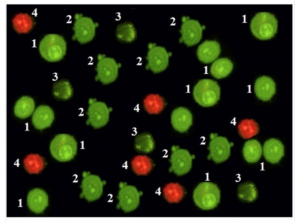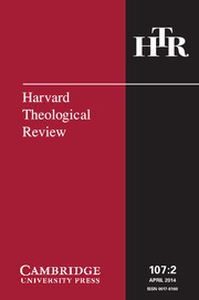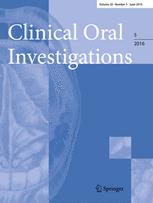 JAMA has decided not to retract an article about cancer risk in elephants after receiving a request to do so from an animal rights group.
JAMA has decided not to retract an article about cancer risk in elephants after receiving a request to do so from an animal rights group.
People for the Ethical Treatment of Animals (PETA) recently protested the 2015 paper, which found that higher levels of a tumor suppressor gene could explain why elephants have a lower risk of cancer. According to PETA, the paper contained inaccurate information that could be used to justify inhumane treatment of elephants. At the time, the journal told us it considers all calls for retraction.
In an email sent to a representative of PETA over the weekend, Howard Bauchner, Editor in Chief at JAMA and The JAMA Network, wrote: Continue reading JAMA: No plan to pull elephant-cancer risk paper after PETA protest







